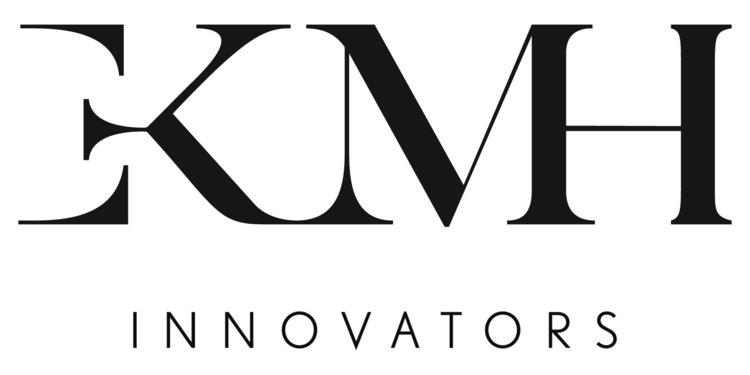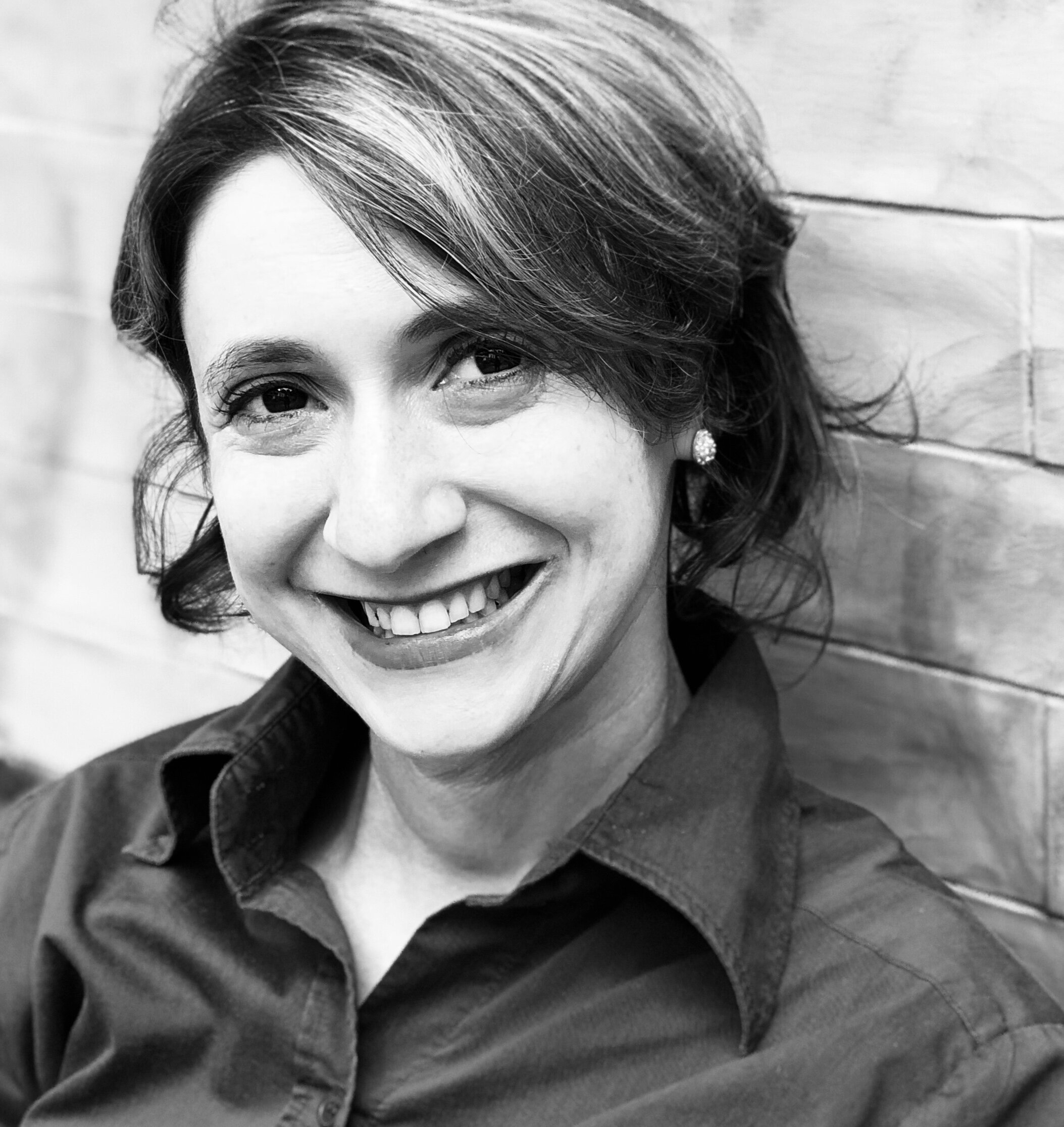An interview series spotlighting global tech influencers, disruptors, visionaries, and of course, innovators. Commit to innovation: VOTE.
This week’s interview spotlights New York-based The Startup Station Founder Victoria Yampolsky. In her work at The Startup Station, Yampolsky focuses on creating detailed strategic roadmaps and converting them into credible financials and valuations for early-stage ventures. She also helps entrepreneurs correctly translate their business plans into financial plans, evaluate the financial feasibility of different initiatives, credibly present their company to investors, and use their financial model to drive the business forward.
To further help entrepreneurs on their journey to success, the Columbia Business School grad has developed a 14-hour virtual curriculum for founders with no prior finance experience. To date, The Startup Station, an educational and consulting company, has worked with over 100 startups across 15+ industries ranging from manufacturing to technology, consumer electronics, medical devices to fashion, media & entertainment, and has helped founders raise over $50M in startup capital. In her free time, Yampolsky serves as an Advisor to Cornell’s CIS Advisory Council, where she earned an honors BS in Computer Science with a Math concentration, and a range of exciting roles within the film industry.
I caught up with Yampolsky to discuss her views on a variety of topics including her own experiences as a startup founder, her free MasterClass “Build Credible Financials for Your Early-Stage Venture”, pivoting during the pandemic, her job’s high/low lights and, of course, helpful recommendations and fundraising advice for startups. Our interview follows.
EKMH: In the time of COVID-19, what recommendations do you have for startups seeking initial funding?
Victoria Yampolsky: There is no question that it has gotten more challenging to raise funding now. Valuations have come down, sometimes 30-40%, and the requirements for each round have increased. Investors are looking a lot more closely at financials, making sure that you properly budgeted for your operating expenses, that you understand your startup's path to profitability and when you expect to break-even. The teams' prior exit experience has also gained in importance, so in the absence of that I recommend you get people with prior exit experience on your Board of Advisors. And, of course, having traction, and better yet, revenues can really assuage the main investor’s fear that you can't execute on your plan and actually bring your product to market. In conclusion, having all your "strategic and financial" ducks in the row is more important than ever. The Startup Station can help you with the financials so that investors take you seriously and you can negotiate the deal that you deserve.
EKMH: What collaborative steps need to be taken by the early stage companies and the entrepreneurship ecosystem to ensure a clearer path to commercialization and growth?
Victoria Yampolsky: This is a great question. I would say that having the right support and resources are key to responsible decision making. There are three main components in my opinion: a supportive community of entrepreneurs who can share their experiences, help and learn from each other; a strong network of mentors/advisors who can fill the gaps each startup team has and prevent them from taking the wrong course of action, and of course educational resources so that founders can master the necessary skills they need to succeed. The Startup Station offers these resources in the area of finance and can help founders correctly and credibly articulate their business case to investors from the financial point of view.
EKMH: How can The Startup Station help startups pivot during and post-pandemic?
Victoria Yampolsky: Many startups have had to change their business models in response to the pandemic. The Startup Station can absolutely help you assess your current business model and addressable market, figure out how the business model should be changed. This may mean selling to a different customer segment, adjusting your go to market strategy, changing your pricing model to better meet your current customers' needs, creating a new offering, or pursuing a completely different course of action. We can then create a new execution plan, evaluate its financial feasibility with an updated financial plan, and then figure out how to fund what you would like to do next.
EKMH: How do you immediately know if a startup will be successful?
Victoria Yampolsky: If there was a person who could know immediately if any given startup would be successful, that person would be a trillionaire right now. No one can know that because it depends on so many factors. One can see that a startup has potential or that a founder has potential, but even the very best brilliant idea needs to be executed and it's very hard. That's why 95%+ startups fail and only 10% of VC-backed startups accomplish an exit.
Typically promising early-stage startups have a strong team which developed a great product (ideally with the validated product market fit) backed by a well-articulated business plan and a logical and correctly put together financial model.
EKMH: What about your job do you love? Which part of your job is the least rewarding?
Victoria Yampolsky: I love working with founders because every one of them wants to change the world and make it a better place, and I feel that by helping them, by being a part of their journey to help them secure funding, I am part of changing the world for the better as well. Nothing gives me more happiness than seeing my students or clients succeed.
And, of course, on the flipside it is upsetting when they don't, because every founder puts his heart and soul in the venture, and it's not easy to deal with failure.
EKMH: How have you benefited from failure and/or taking risks?
Victoria Yampolsky: Absolutely, I've learned a lot when my first venture failed (a film company for which I tried to raise $165M - yes, I know, I know). Back then I made all the classic first-time entrepreneur mistakes - did not validate the product-market fit, did not assemble the right team, and obviously asked for too much money. It taught me discipline, the importance of proper analysis and having the right people around you. Lastly and very importantly, I learned resilience, because it was very hard to decide to go on after everything failed and I let everyone down.
And now I love taking risks, but I do it in a disciplined way where I decide in advance how much I am prepared to risk and what I will do in all possible outcomes. It helps me deal with uncertainty in a way that does not cause me too much stress. Instead I look at every risk as an adventure, as an opportunity to do something new and learn along the way. And hopefully meet interesting people too.
EKMH: What lessons have you learned from founding your own company?
Victoria Yampolsky: Oh so many. I've learned to think outside the box. I've learned that one person does not know everything and it's important to ask others for feedback even if and especially when the feedback they are giving you is not what you want to hear. I've learned that even when one person lets you down this does not mean you can never find anyone to trust again, and with the right people it's really possible to move mountains. I've learned that one needs to be vigilant and promptly respond to market feedback because when something does not work after a certain passage of time, the course of action is not to try the same thing harder, but to change and try something new. And lastly how important it is to network and maintain and build relationships, because our network is our 2nd biggest asset next to what we can do ourselves.
EKMH: How do you see your company growing in the next five years?
Victoria Yampolsky: In the next five years I see The Startup Station expanding its resources to add the community and fundraising aspects to what we do. I've already launched a new Investor Matching program which allows startups to conduct a power round with 200 investors in their stage/vertical and will soon be launching another program with Austria which would give U.S. ventures access to European public funding. Eventually I'd like The Startup Station to support startups through all the growth stages from concept to scale and enable innovation to truly prosper.
EKMH: And lastly, please share a few of your favorite books, films and/ or podcasts.
Victoria Yampolsky: I love Malcolm Gladwell (Outliers, Tipping Point), and to expand my mind I am currently reading The Elegant Universe by Brian Greene. It's about astrophysics and string theory.
*Disclaimer: The views and opinions expressed in this series are those of the interviewees and do not necessarily reflect the views or positions of any entities they represent.
Search below and read more interviews in the EKMH Innovators Interview Archive or via MuckRack… Don’t miss an interview or prediction! Be a part of the conversation.

